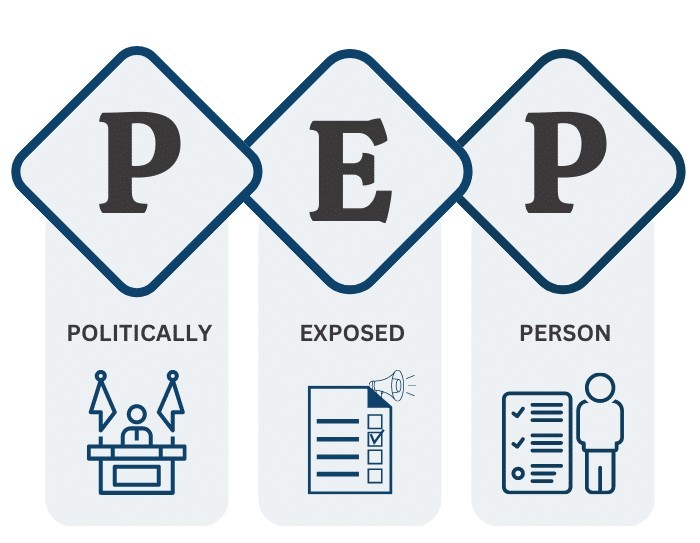What is a pep? Why politically exposed persons pose hidden risks in M&A.
When Evaluating a high-stake acquisition or investment, would you know if a key stakeholder is a Politically exposed Person? And more importantly would you know what that means for your risk profile?
In high stake mergers and acquisitions, most eyes are on the financial, strategy and synergies. But seasoned investigators know the real threats often hidden in plain sight like a Politically Exposed Person also known as “PEP”. If you’re not checking PEP Status (of a subject or entity), you must be missing a crucial layer of reputational and compliance risk.
What is a politically exposed person?
A politically Exposed Person (PEP) is someone who holds or has held a prominent public position. It can be:
-
- Heads of State
- Politicians
- Judges/ Military leaders
- Senior Executives of State enterprises
- Close associates and family member of such individuals.
Their position makes them more vulnerable to bribery, corruption and abuse of power, which in turn raises red flags for regulation and financial institutions worldwide.
Why PEP Matters in M &A?
In M & A transactions, especially the cross- border ones, PEP can quietly derail what seems like a clean transaction. If a target company has undisclosed ties to a PEP, the acquiring firm could face regulatory penalties under anti-money laundering or anti-bribery laws. Even when there’s no wrongdoing, the association alone can attract scrutiny from banks and regulators, delaying approvals or raising compliance costs.
Worse, if the PEP’s past dealings come to light post-acquisition, the reputational fallout can be significant. What looked like a strategic win can quickly turn into a high-risk liability. That’s why identifying PEP connections early is not just good practice yet, it’s a deal-saver.
Taking you to a Real-World Scenario
In one due diligence case, a target company in Southeast Asia passed standard financial checks. But a deeper investigation revealed that its biggest contract worth over 60% of revenues was awarded due to the founder’s personal ties to a deputy minister. That minister was later arrested on corruption charges. The deal was quietly dropped.
In our OSINT and due diligence work, we’ve seen cases where PEP risks were buried under layers of nominee directors, offshore trusts, or vague LinkedIn profiles.
In another case, a promising fintech target had a silent investor who turned out to be the son of a senior government official. The deal unravelled in days.
These aren’t edge cases they’re reminders of why surface-level checks aren’t enough.
PEPs aren’t always dealbreakers. But failing to identify them early can be.
Whether you’re investing in emerging markets or acquiring a domestic asset with international links, knowing who’s in the background is just as important as what’s on the balance sheet.

